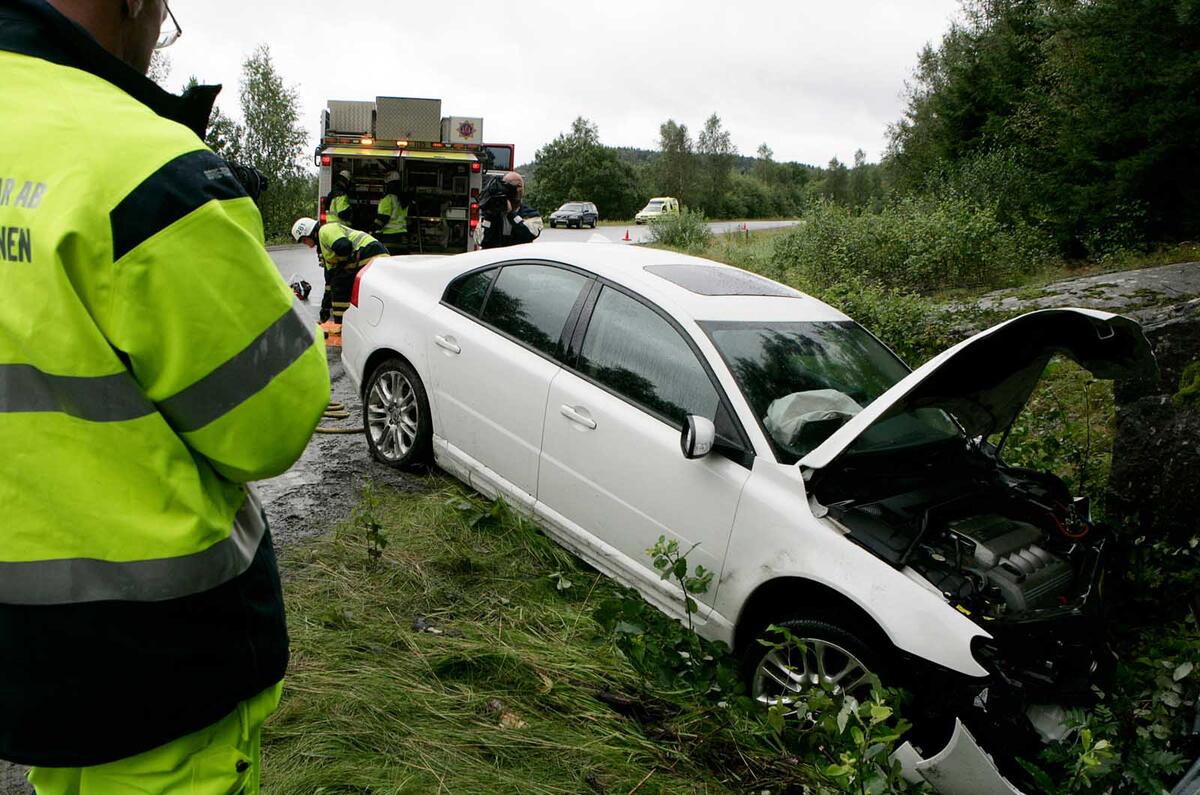Motor insurance could be set for a major shake-up after the Office of Fair Trading (OFT) provisionally decided to refer the industry to the Competition Commission.
In a report issued today the OFT said it found evidence that insurers compete in a “dysfunctional way” that could push up premiums for drivers by £225 million a year.
The OFT said it has reasonable grounds to suspect that there are features of the private motor insurance market that prevent, restrict or distort competition.
It cited an example of a road traffic accident, where the at-fault driver's insurer is responsible for meeting the cost of repairs and replacement vehicles for the not-at-fault driver.
The OFT found evidence that insurers of at-fault drivers have little control over the way in which these repairs and vehicle replacement services are carried out or the associated costs. That led to an inflated cost of providing a replacement vehicle to not-at-fault drivers while their own car is being repaired.
Things weren’t much better for not-at-fault drivers who, the report said, were paying an over-inflated price for repairs. This was put down to certain insurers receiving referral fees and rebates from repairers, paint suppliers and parts suppliers. It also discovered that certain insurers had agreements with their approved repairers to charge higher labour rates when repairing the vehicle of the not-at-fault driver which they insure, leading to higher bills being passed to the at-fault driver's insurer.
The report concluded that the motor insurance industry worked in “an inefficient way”, raising the total costs for providing private motor insurance which drivers end up paying.
It said the market “would work better if insurers competed primarily on the quality and value of the service each provides to insured drivers, rather than focusing on gaining the competitive edge through raising rival insurers' costs and increasing their own revenues”.
John Fingleton, Chief Executive of the OFT, said: “Competition in this market does not appear to work well for drivers. We believe the focus that insurers have on gaining the competitive edge through raising their rivals’ costs means that drivers pay more than they need to for their motor insurance policies.
“Because insurers are distracted from competing primarily on the quality and value of service provided to insured drivers, incentives for greater efficiency may be reduced.”
Fingleton concluded that there did not appear to be “an appropriate, quick fix to these problems”, so the OFT had provisionally decided to refer the matter to the Competition Commission for a more in-depth investigation.
The OFT will make a final decision on whether to refer the motor insurance industry to the Competion Commission in October. The Competition Commission has more investigative and enforcement powers at its disposal than the OFT.




Join the debate
Add your comment
MDK Japan
<a href="https://www.mdkjapan.com/" title="Article Submission site" rel="nofollow">MDK Japan</a>
The bigger the car the better the safety. NOT NECESSARILY! SUVs are heavy machines which make them safer in theory but harder to control in real life due to its weights.You will find maneuvering and braking and the high speeds much more difficult and high-speed crashes are usually the most dangerous ones. Also, their high center of gravity makes SUVs prone to rollovers cocooned in the feeling that they’re invincible.SUV drivers have been known to drive carelessly endangering others on the road especially pedestrians who are more likely to get killed by an SUV than a regular car. SUVs tend to have great safety equipment but that doesn’t make them safe because they’re an SUV.You could get the same equipment in a compact car or even a sports car.
Insurance...
Insurance is a matter of concern for everyone. Every industrial sector would like to have their insurance ready as they can claim the accident benefits. According to a survey conducted by the Office Fair Trading that they the premiums were paid in an unfair way. This will create a tension in the minds of the insurers and they would try to avoid it by the help of paying of insurance premiums.
Commercial Insurance Glendora
There's huge room for
There's huge room for improvement in the industry, but just how effective the competition commission could be in affecting change is dubious.